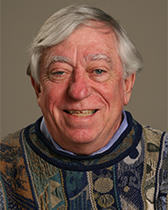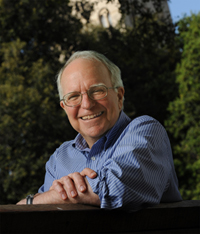

Research
BPEA | 1979 No. 2

1979, No. 2
THE STARTLING DECLINE in U.S. aggregate labor productivity during the first three quarters of 1979 (a 2.3 percent decline in the nonfarm business sector at an annual rate) adds new urgency to the continuing concern about U.S. productivity behavior. Several important recent studies have documented a slowdown in the secular growth rate of productivity that has taken place in two stages, the first beginning after 1965 or 1966 and the second after 1973, and most studies appear to leave the causes of a large portion of the deceleration as an unresolved puzzle.1 Does the experience of 1979 suggest that a third stage of the secular slowdown has begun, or is this recent behavior consistent with previous occurrences at the same stage of the business cycle?